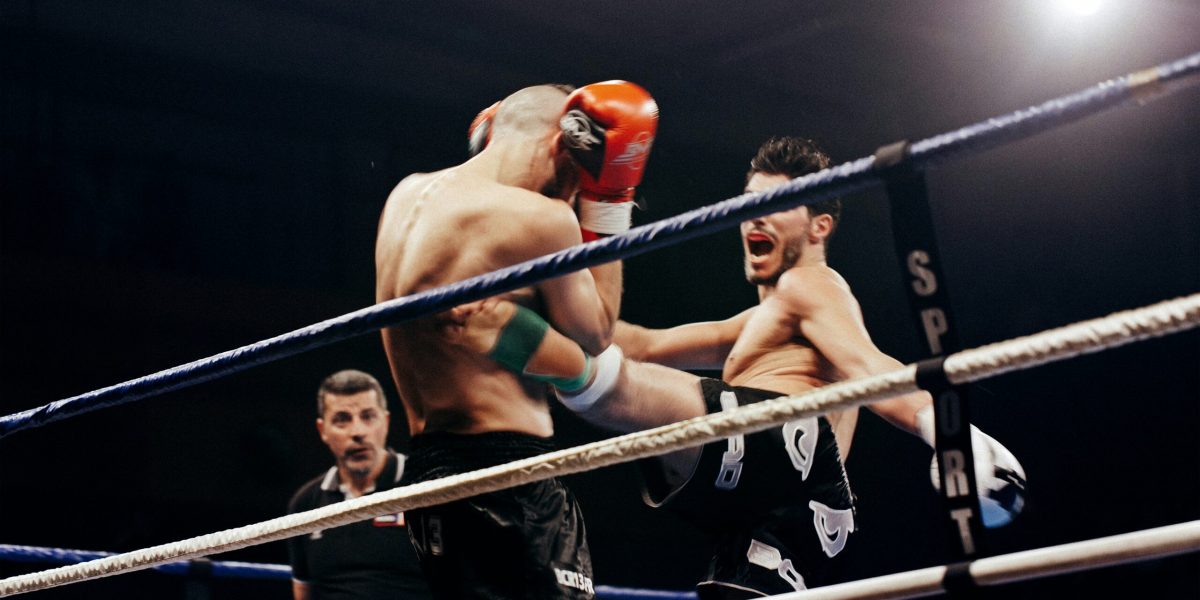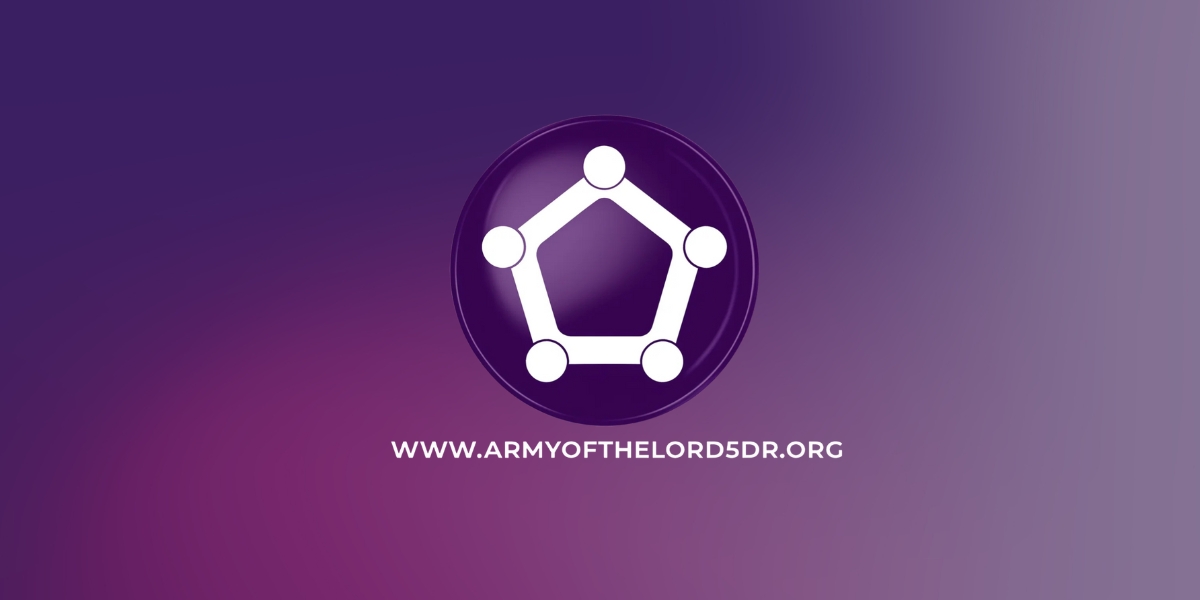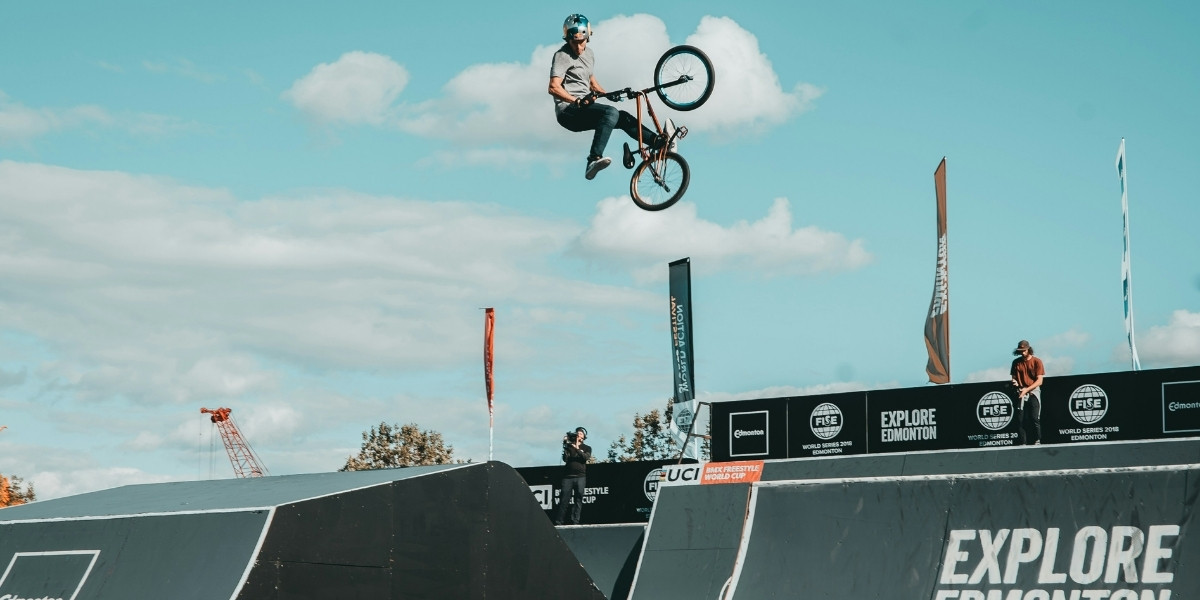The field of sports law plays a pivotal role in shaping the dynamic world of athletics. From managing athlete contracts to resolving disputes between organizations, legal frameworks ensure that sports operate fairly, ethically, and sustainably. For both athletes and organizations, understanding these legal aspects is essential to thrive in a highly regulated and competitive environment.
Why Is Sports Law Crucial in Modern Athletics?
Sports law impacts virtually every corner of the athletic world. For athletes, it governs contracts, endorsements, and intellectual property rights. Organizations, on the other hand, rely on legal structures to manage sponsorship deals, broadcast rights, and compliance with regulations. The relationship between these parties requires careful legal navigation to ensure mutual benefit.
One of the most prominent aspects of sports law is contract law. Athlete agreements often extend beyond simple player-team relationships to include endorsement deals and media appearances. A poorly drafted or misunderstood contract can lead to disputes, financial losses, or damage to an athlete’s reputation.
Intellectual property rights are another key consideration. From trademarking team logos to protecting an athlete’s personal brand, intellectual property law helps secure valuable assets in sports. For instance, legal protection allows athletes to monetize their image and name while preventing unauthorized use by third parties.
Legal disputes often arise over issues such as performance-enhancing drugs (PEDs), disciplinary actions, or violations of league rules. These matters not only affect individual careers but also influence public perception of sports. Legal professionals play a critical role in resolving such disputes fairly and efficiently.
How Do Legal Issues Impact Athletes?
Athletes face unique legal challenges throughout their careers, many of which require specialized expertise. One of the most significant areas is contract negotiation, where athletes must secure fair compensation while navigating complex legal terms. Agents and attorneys often assist in these negotiations, ensuring that athletes’ rights and financial interests are protected.
Another crucial area is employment law, particularly in disputes between athletes and organizations. Cases of wrongful termination, discrimination, or breach of contract can significantly affect an athlete’s career and livelihood. Having a clear understanding of their legal rights empowers athletes to address these issues effectively.
Athletes also need to navigate the risks associated with injuries and liability. Legal protections can help ensure that they receive appropriate medical care and compensation when injuries occur. For instance, leagues and teams may have obligations to provide adequate insurance coverage or rehabilitative support under their agreements.
Legal considerations extend to off-field activities, such as sponsorships and endorsements. These agreements often come with stringent requirements regarding public behavior and performance. Failing to meet these obligations can result in financial penalties or the loss of endorsement deals. Athletes must therefore balance legal and public relations considerations to maintain their professional image.
How Do Legal Frameworks Shape Sports Organizations?
For sports organizations, legal compliance is critical to maintaining credibility and operational efficiency. Governance structures, labor agreements, and anti-discrimination policies are just a few of the areas regulated by sports law. Noncompliance can result in penalties, loss of sponsorships, or damage to the organization’s reputation.
Broadcasting rights are a cornerstone of many organizations’ revenue streams. Legal agreements determine how, when, and where games are televised, often involving complex negotiations with media companies. These deals require expertise to navigate intellectual property laws, licensing agreements, and financial terms.
Labor relations are another key focus for organizations. Collective bargaining agreements (CBAs) between players’ unions and leagues outline the terms of employment, including salaries, working conditions, and dispute resolution processes. Legal advisors play a vital role in ensuring that these agreements are equitable and enforceable.
Anti-doping regulations are also integral to maintaining the integrity of sports. Organizations must implement and enforce testing protocols in compliance with national and international standards. Failure to address doping scandals effectively can result in reputational damage and the loss of public trust.
Sports organizations must also manage risks associated with fan safety and venue operations. From ensuring the structural safety of stadiums to addressing crowd control issues, legal obligations extend to the physical environments where sports take place. Compliance with safety standards and liability laws minimizes risks and ensures a positive experience for fans.
What Role Does Sports Law Play in the Future of Athletics?
As sports continue to evolve, so do the legal challenges facing athletes and organizations. Emerging technologies, such as wearable devices and AI-driven analytics, raise questions about data privacy and the ownership of performance data. Legal frameworks must adapt to address these concerns while fostering innovation.
Gender equality and diversity initiatives are also shaping the future of sports law. Legal efforts to promote equal pay, representation, and opportunities for female athletes are gaining momentum worldwide. Ensuring compliance with anti-discrimination laws and promoting inclusivity are key priorities for modern sports organizations.
The rise of esports introduces a new frontier for sports law. Issues such as intellectual property rights, online harassment, and labor agreements for players require innovative legal approaches. As esports grows in popularity, legal professionals will play a critical role in defining its regulatory landscape.
International competition adds another layer of complexity. Events like the Olympics or World Cup involve multiple jurisdictions, requiring legal coordination on issues such as visa applications, intellectual property enforcement, and doping compliance. Legal teams must navigate these challenges to ensure seamless operations.
Sports law is an ever-evolving field that mirrors the dynamic nature of athletics. By addressing the legal needs of athletes and organizations, it ensures fairness, accountability, and progress in sports at every level.








